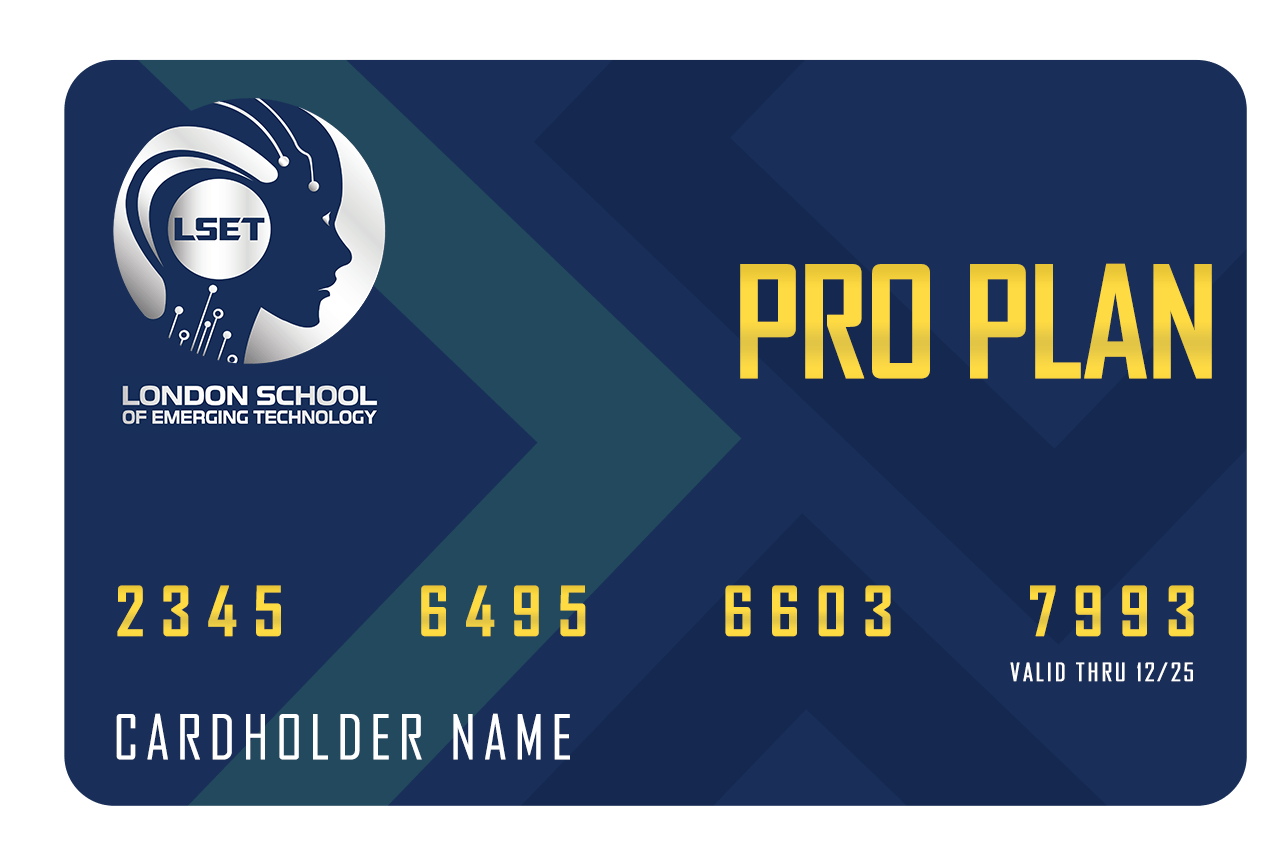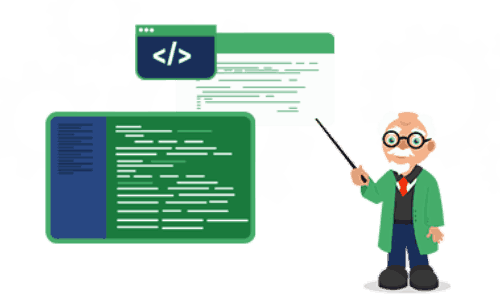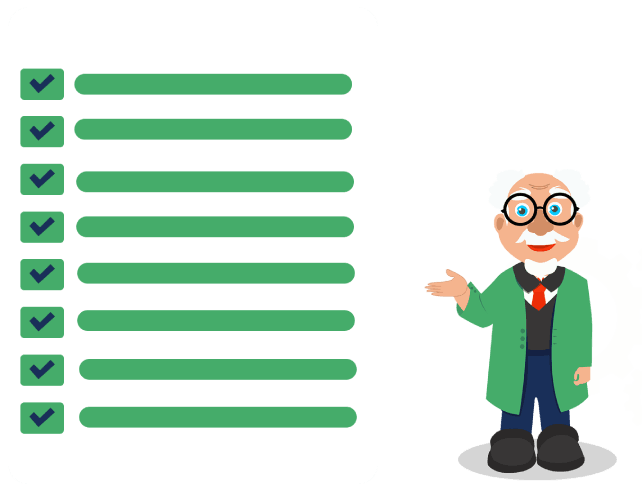Selenium Automation Tool: Selenium is a popular open-source automated testing suite for web applications across different browsers and platforms. It provides a single interface that allows writing test scripts in various programming languages like Ruby, Java, NodeJS, PHP, Perl, Python, and C#, among others.
It comes with Selenium WebDriver, also known as Selenium 2.0, which executes test scripts through browser-specific drivers. It consists of API, Library, Driver, and Framework.
Cucumber: Cucumber is an open-source Software Automation Testing tool that allows us to run automated acceptance tests in a behaviour-driven development (BDD) style. Cucumber reads the specifications written in plain English text files called feature files.
It scans them for test scenarios and runs those scenarios against the software we want to test. The feature files must follow a set of rules called Gherkin. Gherkin is a business-readable, domain-specific language that you use to provide test steps and expected outcomes to Cucumber.
JUnit: JUnit is a unit testing framework for the Java programming language widely used for test-driven development. JUnit is used to write and run repeatable automated tests.
Cypress: A next-generation front-end software automation testing tool for the modern web. When testing modern applications, developers and quality assurance engineers experience a number of pain points.
It is most often compared to Selenium, but Cypress differs fundamentally and architecturally from Selenium. Cypress is not subject to the same restrictions as Selenium. You will be able to write tests faster, easier, and more reliably as a result.




















